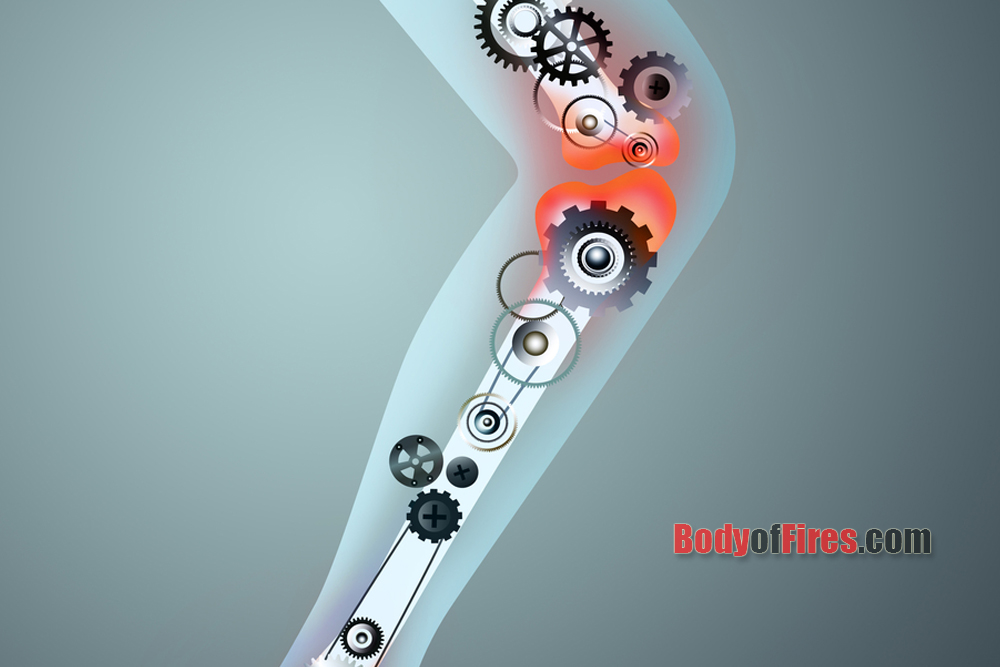The human body comprises eleven major systems, each essential for overall health and performance. These systems must function efficiently, though their relative importance can vary depending on individual priorities and lifestyle. Here, the systems are organized to highlight their significance in different contexts.
- Nervous System
- Primary Function: Coordinates self-awareness, environmental perception, and internal activities.
- Importance: Critical for maintaining health awareness and behavior outcomes. Essential for graceful, efficient, and strong movements.
- Cardiovascular System
- Primary Function: Circulates oxygen, nutrients, and waste products.
- Importance: Vital for overall body function and performance. Strengthened through cardiovascular exercises like jumping rope.
- Respiratory System
- Primary Function: Manages breathing and gas exchange.
- Importance: Crucial for endurance and physical performance. Effective respiratory function is often seen as a link between physical and spiritual well-being.
- Digestive System
- Primary Function: Extracts nutrients from food.
- Importance: Fundamental for nutrient supply to all other systems. Compromise in this system impacts overall health.
- Skeletal System
- Primary Function: Provides structure and strength.
- Importance: Supports movement and protects internal organs. Critical for physical stability and strength.
- Muscular System
- Primary Function: Enables movement and artistic expression.
- Importance: Drives physical performance and aesthetic goals like weight loss and muscle tone.
- Endocrine System
- Primary Function: Coordinates bodily functions through hormones.
- Importance: Regulates mood, energy levels, and other critical functions. Essential for long-term health and performance.
- Immune System
- Primary Function: Defends against pathogens and injuries.
- Importance: Key for maintaining overall health and preventing illness. First line of defense against diseases.
- Excretory System
- Primary Function: Eliminates waste products.
- Importance: Prevents toxicity and ensures the smooth functioning of other systems.
- Integumentary System
- Primary Function: Protects the body with skin, hair, nails, and glands.
- Importance: Shields against environmental hazards and maintains bodily integrity.
- Reproductive System
- Primary Function: Manages reproduction and associated behaviors.
- Importance: Influences biological imperatives and social behaviors. Historically significant for human culture and societal developments.
Priority Considerations
- Athletes (e.g., Football Players, Boxers):
- Prioritize the Nervous System for coordination and quick responses.
- Focus on the Cardiovascular System for endurance and performance.
- Emphasize the Musculoskeletal System for strength and resilience.
- Neurosurgeons:
- Prioritize the Nervous System for precision and cognitive function.
- Maintain a strong Cardiovascular System for overall health.
- Ensure a well-functioning Digestive System for sustained energy and focus.
- Marathon Runners:
- Prioritize the Respiratory System for endurance.
- Focus on the Cardiovascular System for sustained performance.
- Emphasize the Musculoskeletal System for joint health and strength.
- Individuals with Chronic Illnesses (e.g., COPD):
- Prioritize the Respiratory System for managing symptoms.
- Focus on the Immune System to prevent infections.
- Ensure a well-functioning Cardiovascular System for overall health.
Understanding and prioritizing these systems based on personal health goals and lifestyles can lead to better health outcomes and improved quality of life.





